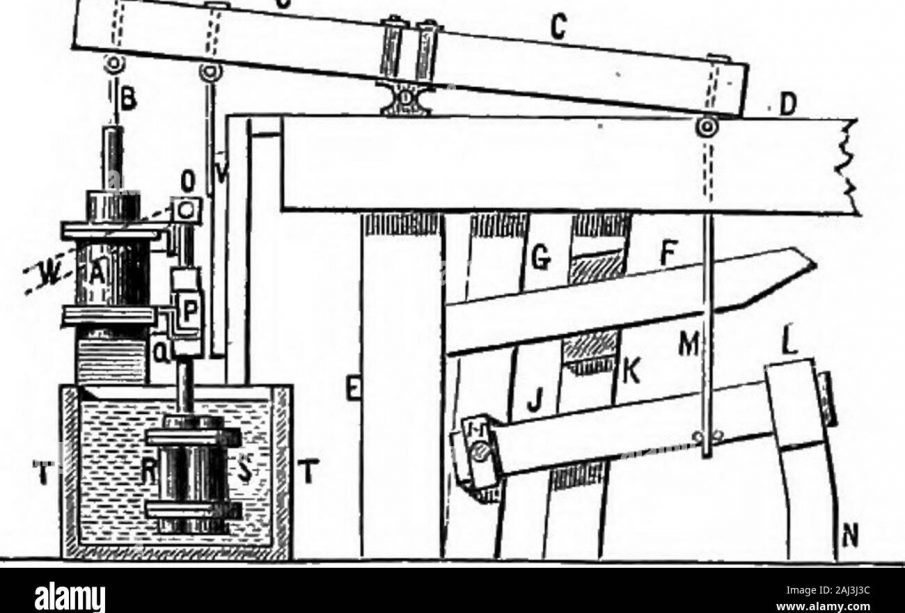The Lasting Legacy of James Watt in Engineering

Introduction
James Watt, born on January 19, 1736, in Greenock, Scotland, is widely regarded as one of the most influential figures of the Industrial Revolution. His innovations in steam engine technology not only revolutionised machinery and industry but also significantly altered societal structures and the economy in the late 18th and early 19th centuries. Understanding Watt’s contributions is crucial as they laid the foundations for the rapid advancements in technology and engineering we experience today.
Watt’s Innovations
The most notable achievement of James Watt was his improvement of the Newcomen steam engine, which was relatively inefficient and limited in application. In 1765, Watt developed a separate condenser for his steam engine, which allowed it to operate more efficiently, saving fuel and increasing productivity. This advancement was pivotal, as it made steam power a viable energy source for a range of industries.
Watt’s partnership with Matthew Boulton further propelled the use of steam engines. Their company, Boulton & Watt, was responsible for manufacturing and installing the new engines across various sectors, including mining, manufacturing, and transportation. By 1785, the duo had installed over 500 engines, establishing themselves as leaders in the industrial landscape.
Impact on Society
Watt’s innovations had profound implications not just for industry but for society as a whole. The steam engine facilitated the growth of railways and steamboats, revolutionising transport and trade. This started a transformative period known as the Industrial Revolution, which reshaped communities, led to urbanisation, and changed the fabric of daily life. Employment opportunities increased, and the movement of goods became faster and more efficient, contributing to economic growth.
Legacy and Recognition
James Watt’s influence is immortalised beyond engineering textbooks. The unit of power, the watt, is named in his honour, reflecting his groundbreaking work in improving energy efficiency. Moreover, he was recognised by numerous institutions during his lifetime, becoming a Fellow of the Royal Society, showing the high regard in which he was held.
Conclusion
James Watt’s contributions to engineering and industry cannot be overstated. His inventive spirit and relentless quest for improvement paved the way for the modern world we inhabit today. As we continue to innovate in various fields, Watt’s legacy serves as a reminder of the impact that one individual’s ingenuity can have on society. Enthusiastic discussions on clean energy and sustainability echo the significance of Watt’s work, suggesting that understanding his contributions may be vital as we seek solutions for contemporary challenges.








